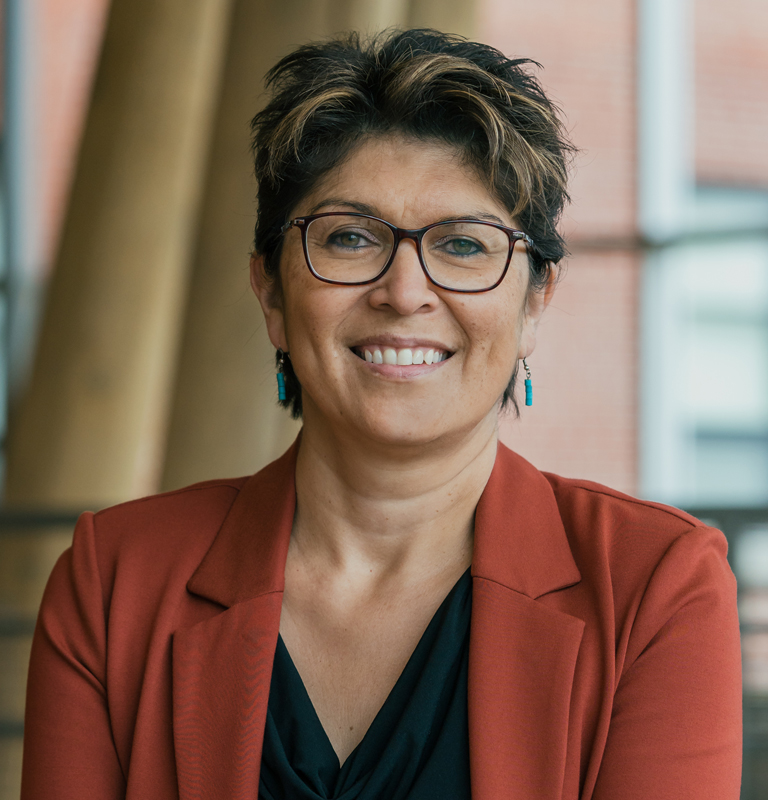
Research Laboratory on Indigenous Women’s issues – Mikwatisiw
Research Laboratory on Indigenous Women’s issues – Mikwatisiw
Context
Indigenous women [1] have specific knowledge and experience of Canada's colonial history. They have been the target of various state and religious strategies aimed at erasing their role in social and political organization and territorial practices, and limiting their participation in decision-making, the economy and governance among others. Although the process of marginalization of Indigenous peoples has been extensively studied, research has generally failed to consider the impacts of colonization on women's contribution to the governance of their nations and communities. The search for a balance in social and territorial dynamics is at the heart of Indigenous women's claims.
[1] In the present context, "Indigenous women" refers to First Nations, Inuit and Métis women.
Research objectives
- To list the research in all disciplines carried out in Quebec on Indigenous women.
- To identify relevant research topics concerning issues specific to Indigenous women in Quebec.
- To update guidelines in order to conduct research that meets the needs and respects the ethical principles expressed by Indigenous women.
- To analyze existing government programs in the Indigenous context and their relevance to the needs of Indigenous women.
- To study the place of Indigenous women in territorial governance and consultation processes.
- To establish a network of Indigenous women in the environmental field.
- To promote interest for ethical and respectful research by, for and with Indigenous women.
Publication
Iiyiyuu-iinuu womens’ perceptions of the Cree Hunters and Trappers Income Security Program (ISP) (PDF)
About Suzy Basile
Suzy Basile
Professor
School of Indigenous studies
Expertise
- Indigenous women (pregnancy, childbirth, midwives, obstetric violence, imposed sterilizations)
- Indigenous Peoples (First Nations and Inuit)
- Governance and territory
- Northern development
- Environmental issues and consultation
- Ethical conduct in research involving Indigenous peoples
- Cultural anthropology
Suzy Basile, a trained anthropologist, holds a doctorate in environmental sciences. Professor Basile is also of Atikamekw origin and is a partner of various Indigenous organizations and research networks

Partners
- More than 7 Indigenous partners
- More than 15 university researchers in Canada
- 1 university research network
- More than 8 supervised or co-supervised master's and doctoral female students
Information
Suzy Basile, Professor, Director of the Research Laboratory on Indigenous Women’s Issues – Mikwatisiw and Chairholder of the Canada Research Chair in Indigenous Women's Issues
Canada Research Chair in Indigenous Women's Issues
School of Indigenous Studies
Telephone: 819 874-8728 poste 6336
Toll free: 1 877 870-8728 poste 6336
Email: suzy.basile@uqat.ca